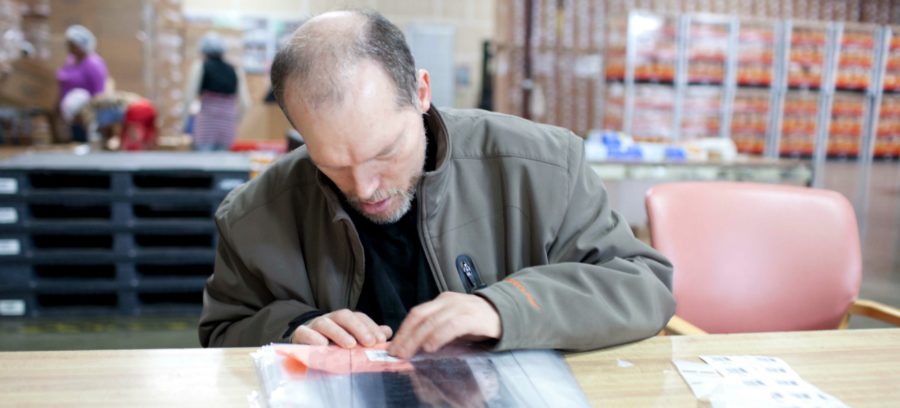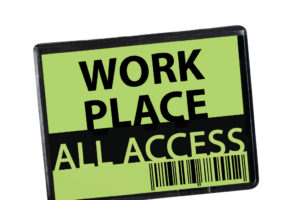Yesterday, the United Cerebral Palsy Association of Oregon filed a class action lawsuit against Oregon Governor John Kitzhaber and other state officials in the hopes of ending the practice of sheltered workshop employment for people with disabilities. According to the lawsuit, these individuals are “stuck in long-term, dead-end, facility based sheltered workshops that offer virtually no interaction with non-disabled peers.” It again brings the difficult issue of a widespread lack of employment of people with disabilities to public consciousness.
 We’re neither defending nor disputing sheltered workshops as it applies to this lawsuit. And we don’t believe sheltered workshops are the only solution to employment of people with significant cognitive or physical disabilities—or anyone with significant barriers to employment, for that matter—nor do we believe that they are the only problem. Furthermore, there’s no one-size-fits-all, single solution to the large problem of disability unemployment in general. People with disabilities are individuals with a wide scope of abilities and employment goals. Many of these individuals want to work competitively and can be valuable, productive employees that businesses want to hire. We can’t overlook business as an integral part of the employment picture. Thus, we believe that employment programs that collaborate with business make the most sense for the largest number of people with disabilities.
We’re neither defending nor disputing sheltered workshops as it applies to this lawsuit. And we don’t believe sheltered workshops are the only solution to employment of people with significant cognitive or physical disabilities—or anyone with significant barriers to employment, for that matter—nor do we believe that they are the only problem. Furthermore, there’s no one-size-fits-all, single solution to the large problem of disability unemployment in general. People with disabilities are individuals with a wide scope of abilities and employment goals. Many of these individuals want to work competitively and can be valuable, productive employees that businesses want to hire. We can’t overlook business as an integral part of the employment picture. Thus, we believe that employment programs that collaborate with business make the most sense for the largest number of people with disabilities.
DePaul Industries has spearheaded the Project SEARCH program for people with significant intellectual disabilities in Oregon for several years. Project SEARCH participants work onsite in positions alongside non-disabled employees at large Portland businesses like The Standard as true, integrated employees. They are on these companies’ payrolls, receiving all applicable benefits and career advancement opportunities. These employers embrace the program not only because it’s a social good, but because it just makes good business sense—the employees are good workers adding value to their employers. We are currently developing more opportunities with other large Oregon employers, but we can’t—and don’t want to—do it alone.
Cooperation is Key to Changing the Landscape of Employment of People with Disabilities
We definitely don’t have all of the answers. But we believe Project SEARCH is one solution that needs to gain traction. We think it has the underpinnings to provide the most benefits for all involved—business, the state, private investors, service organizations, and most importantly for people with disabilities. We’re not laying claim to the model—it needs to grow legs. If you’re a business, come talk to us. With the state? Come talk to us. If you’re an agency that works for the employment of people with disabilities, come talk to us. We want to work with you. This is an opportunity to collaborate—to develop a concerted, combined effort among all stakeholders to put a significant dent in this problem. Only then can we really change the landscape of employment of people with disabilities.
Interested in learning what we’re doing in this space today? Head to Meadowlark Employment Services.




